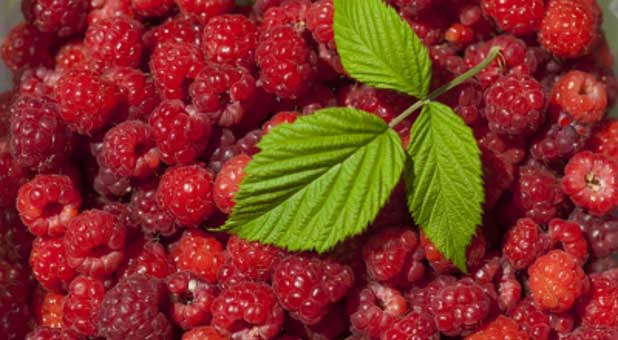A new study shows that the more fiber you eat, the less risk you have of suffering a stroke.
Stroke is the fourth-leading cause of death in the U.S., killing more than 137,000 Americans annually. It is also a chief cause of disability among survivors.
Although the incidence of stroke has fallen, probably due to better blood-pressure control, the number of strokes is still climbing due to the nation’s aging population.
In new research, published in the journal Stroke, researchers analyzed eight studies and concluded that for every 7-gram increase in daily fiber intake, the risk of suffering a first stroke fell by 7 percent. They found this to be true no matter whether the stroke was ischemic—the most common type, caused by a blockage in a brain artery—or a hemorrhagic stroke, caused by bleeding in the brain.
Government recommendations call for 21 to 25 grams of fiber a day for women and 30 to 38 grams for men, but Americans eat much less than that. Women eat about 13 grams of fiber a day on average, and men eat 17 grams. Just a modest increase, like one serving of whole-wheat pasta or two servings of fiber-rich fruits and vegetables, would provide about 7 grams of fiber.
Here are six fiber-rich foods to reduce stroke risk:
1. Bran. Bran is one of the foods highest in fiber. Sprinkling just an ounce of oat or wheat bran onto cereal or a smoothie will add 12 grams of fiber to your meal.
2. Berries. Berries are packed with fiber, with elderberries coming in the highest at 10 grams a cup. Raspberries are also particularly high in fiber. Blackberries, blueberries and strawberries are good choices as well.
3. Beans. Whether they are lima beans, black beans, garbanzo beans or lentils, all members of the bean family are rich in fiber. They can replace meat in recipes to further lower stroke risk. If intestinal gas is a concern, you don’t need to overdo it—just one-quarter cup of kidney beans provides almost 5 grams of fiber.
4. Oatmeal. Eat the slow-cooked rolled oats instead of instant oatmeal to get the most fiber.
5. Spinach. Spinach has lots of fiber, as do other leafy deep-green vegetables, including mustard greens, turnip greens, beet greens and Swiss chard.
6. Almonds. Almonds, along with other nuts and seeds, are packed with fiber and make for a satisfying between-meal snack.
For the original article, visit newsmaxhealth.com.







































